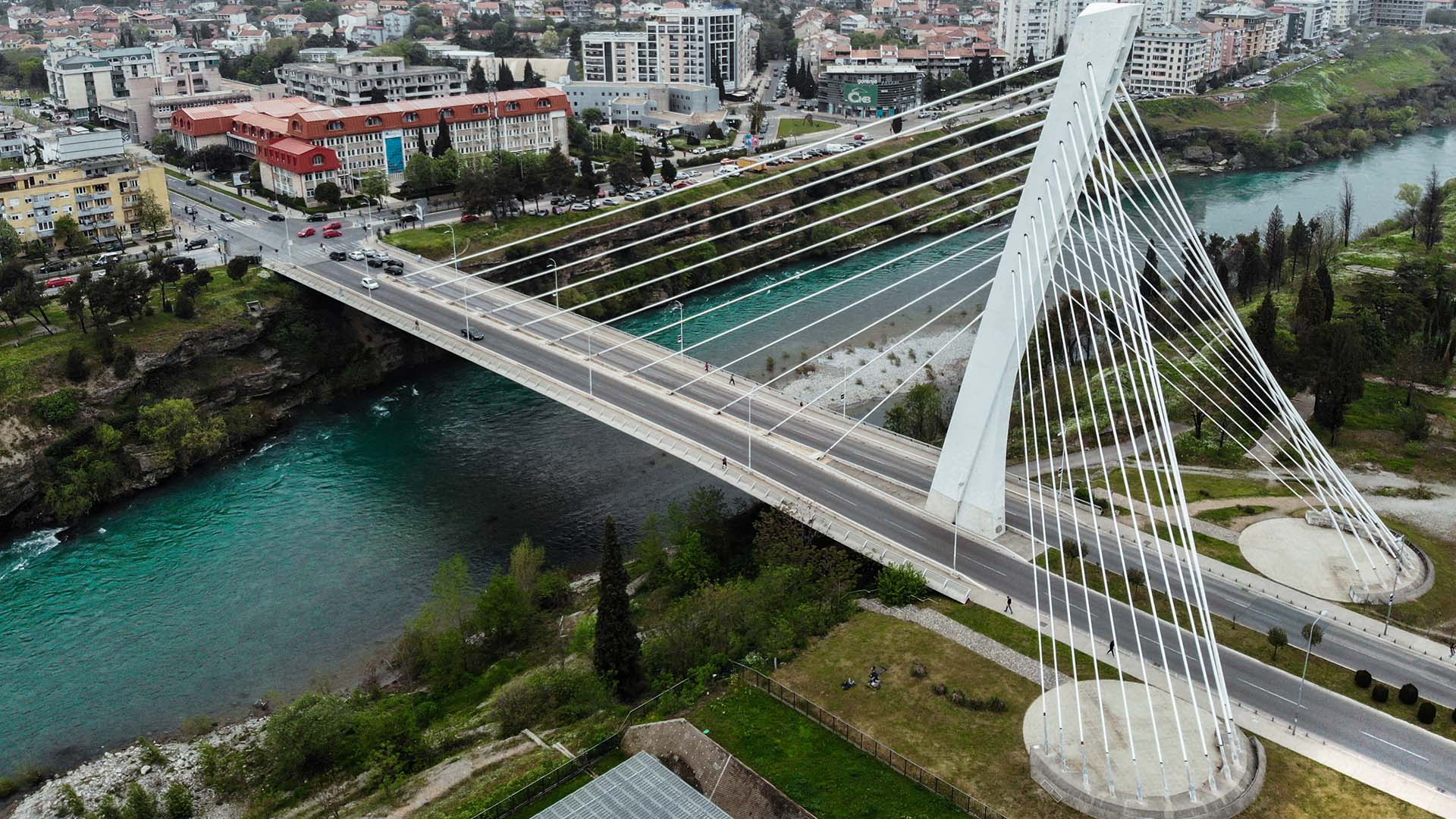Policy Recommendations
- The government should develop precise roadmaps in the EU accession talks and a clear framework for strengthening the rule of law. The measures should include better defined indicators and activities while insisting on more specific tasks on an annual basis within the interim benchmarks to facilitate both performance assessment and monitoring of progress. A new model of reporting based on a simplified form, which would include an overview of key challenges in meeting the benchmarks and thus strengthening the rule of law, would be advisable as well.
- The new parliamentary majority and all parties in the parliament should strive to remove political influence from the judiciary and find solutions that will enable the strengthening of institutions and ensuring their impartiality. As the EU insists on a broad consensus on these issues, and society is in a state of deep polarisation, a kind of mediation between the two blocs, the majority and the opposition, is needed. In this way, the selection of the best candidates in the judiciary, especially where envisaged membership of the academy (civil society), which will not be close to any party, and thus impartial law enforcement will be ensured and politicisation avoided.
- The government should fully open the reforms to the public to allow public scrutiny and impartial evaluation.

